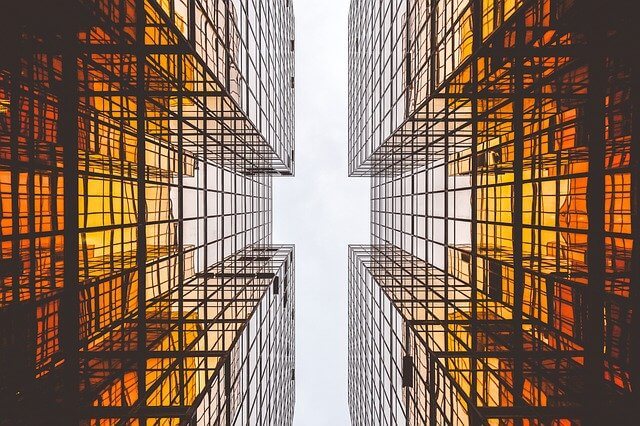
Making a Right Choice For Your Business With The Better Understanding of Refractories
Are you planning to invest in refractories but want to read more before you make the investment? It is a big investment for any organization to invest in refractories, and you need to make sure that you are willing to make wise, knowledgeable decisions by obtaining expert advice from a team of highly skilled people that will help you walk through the numerous choices available to find the one that makes the most sense.
Refractors are non-metallic, heat-resistant materials, and are most widely used in the furnace, reactor, and other heat-producing units. Refractories must be able to cope with the stress they are exposed to every day and also avoid corrosion with chemical agents. Depending on how the refractories are used and how the materials are applied, there could be various criteria for your business to get the right materials. For heating applications that are above 1000°F, refractories are required. Refractories are usually much stronger than metal materials used by companies in the past.
The term ‘refractories’ applies to a wide variety of different materials that have the characteristics referred to above. They must also be able to allow for the containment of liquids at such high temperatures. The composition of a certain type of refractory material will depend on how it is to be used. Each refractory material can be different, with a wide range of different shapes depending on the number of different factors. Usually, refractories may be one of three distinct types of refractory materials: brick shapes, fiber, or monolithic refractories.
Materials Required in the Manufacturing of Refractories:
In conjunction with each other, a wide range of materials is available to produce refractories. Usually, they are made with natural materials but are also added to the blend by synthetic materials. Refractories will still be non-metallic since the high temperatures most refractories must undergo are not metallic refractories. Typical, used within refractory areas of minerals such as alumina, bauxite, chromite, silicon carbide, zirconia, and others can stand up to that heat level.
The oxides supplied by aluminum, silicon, and magnesium in most refractory applications are some of the key ingredients in a refractory application. Besides, calcium, contained in limestone, is another element widely found in most refractory brands. In the manufacture of various refractories, fire clays are also very significant.
Need of Refractories in Applications:
The use of refractories can be important for many different applications. Refractories are used in building industrial needs or line structures that generate high temperatures at their basic level. Such applications may be as small as a laboratory oven to as large as a steel-producing kiln and even as refractory materials used in the space shuttle. Refractories are typically used most frequently in the manufacture of boilers, glass and steel, and all applications with high heat furnace. This can include any kind of furnaces, kilns, and even reactors. Many things must be taken into account when deciding which kind of refractories would be better suited to your situation, depending on the kind of industry you are operating with.
Refractories must be chemically resistant to the substances that are emitted during the process, tolerant to molten metal and erosion, and to similar adverse or conditions in high-speed environments. According to the ingredients used in the refractory, the materials in the refractory can have different performance characteristics. This led to the development of refractories dealing with very particular conditions. Unique combinations of refractory ingredients may be combined for larger companies to produce optimal results for a particular application. Over the last few decades, they have gone a long way with years of study and scientific advancement in refractories.
Conclusion:
If you’re a small company owner who wants to invest in refractory material or an agent for one of the big multinational firms, several considerations must be taken into consideration when you make a refractory decision. Talk to us about the numerous products we have available to decide which of our products give you the best advantages for your company. By taking your time, assessing all items available, and helping us walk through this process, we will point you in a way that is sure to benefit you.